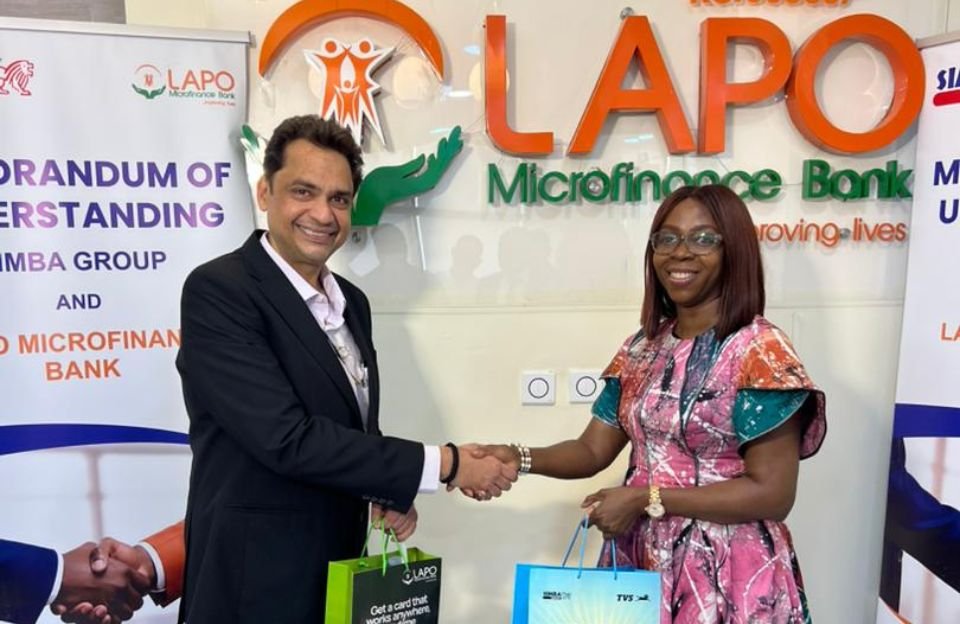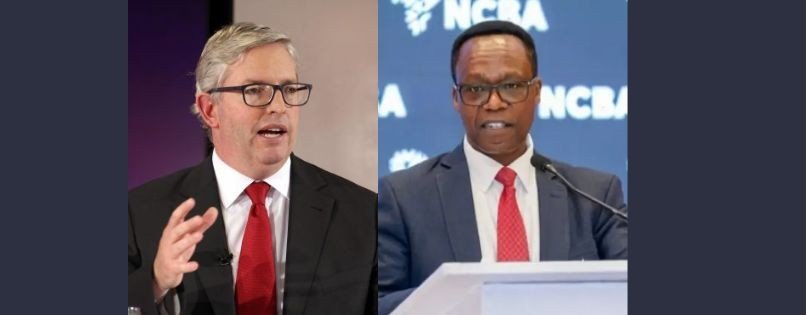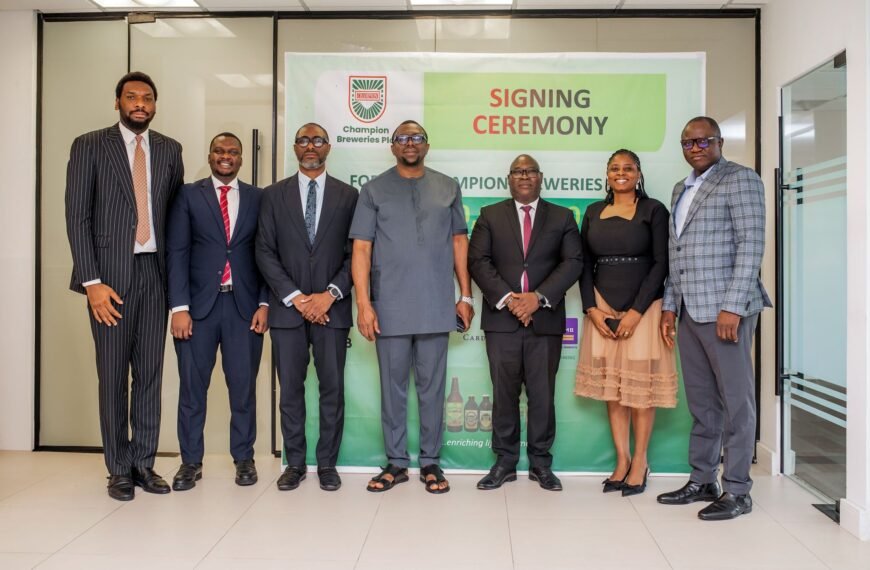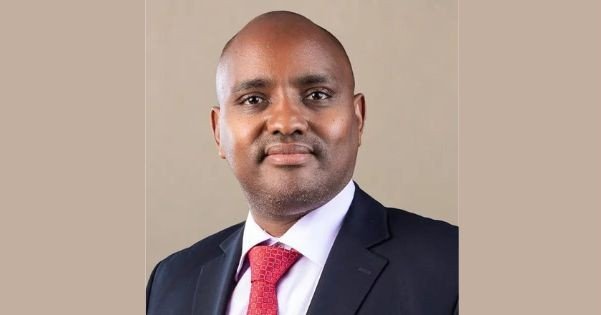

IMF Executive Board Completes First Review Under the Extended Credit Facility Arrangement and Approves US$212.3 Million Disbursement for the Democratic Republic of the Congo
Despite the COVID-19 pandemic, the rebound in economic activity is stronger than initially projected, supported by higher-than-envisaged mining production and the recovery in non-extractive growth; The conclusion of the first review under the ECF arrangement enables the immediate disbursement of US$212.3 million to reinforce international reserves, given downside risks to the domestic and global economy outlook and recovery; The ECF arrangement continues to support the authorities’ medium-term reform program to foster macroeconomic stability and sustainable development by stepping up domestic revenue mobilization, strengthening governance, and reinforcing monetary policy.
On December 15, 2021, the Executive Board of the International Monetary Fund (IMF) completed the first review of the arrangement under the Extended Credit Facility (ECF) for the Democratic Republic of the Congo (DRC). The completion of the review enables the immediate disbursement of SDR152.3 million (14.3 percent of quota or US$212.3 million) to help meet balance of payment needs. The DRC’s 36-month ECF arrangement for SDR1,066 million (100 percent of quota, about US$1.52 billion) was approved by the Executive Board on July 15, 2021 to help meet financing needs associated with the COVID-19 pandemic, following IMF emergency support to the DRC under the Rapid Credit Facility (RCF) in December 2019 and April 2020, for a total of SDR 533 million (50 percent of quota or US$731.7 million).
Despite the persistence of the COVID-19 pandemic, the economy is recovering; growth for 2021-22 has been revised upward to 5.4 percent and 6.2 percent respectively, supported by higher-than-envisaged mining production and a rebound in non-extractive growth. Inflation has remained anchored at about 5 percent. Better-than-projected external developments, supported by high commodity prices, have allowed a significant increase in gross international reserves to US$3.3 billion in mid-October 2021 (from US$0.8 billion at end-2020). This reflects more proactive foreign exchange purchases by the central bank and the end-August general SDR allocation from the IMF. Higher fiscal revenues have provided space for additional spending, mostly on investment, without undermining the end-2021 fiscal deficit.
















